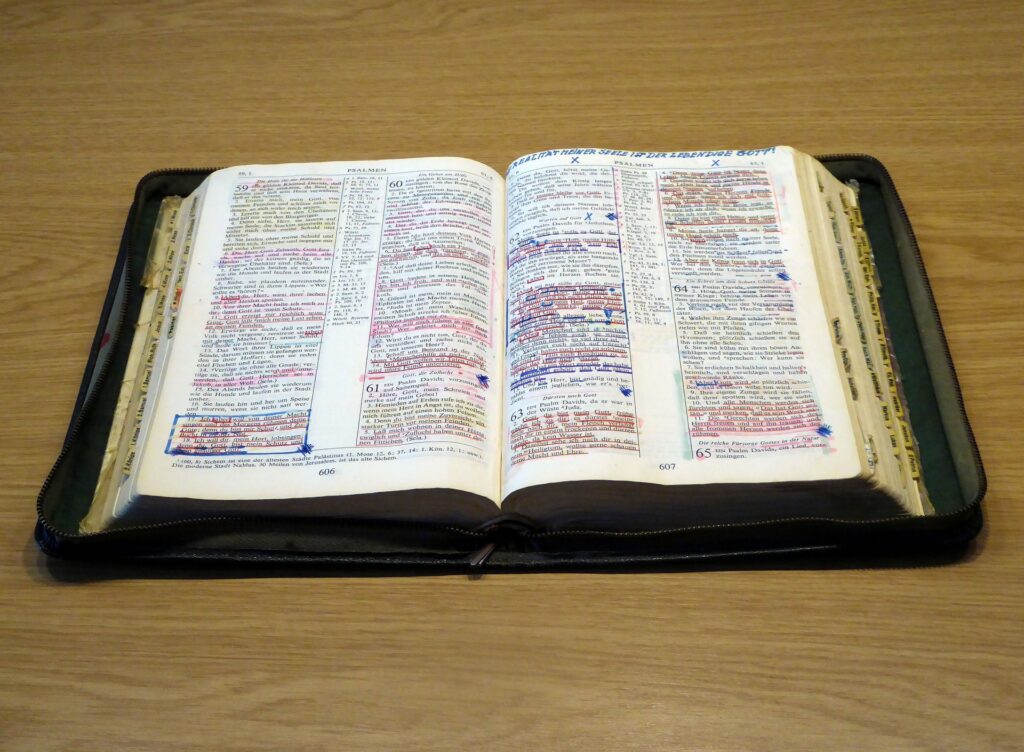
Bible Class Notes on 1 Peter 4:4-5 | Notes on the Petrine Epistles
The Gentiles are surprised at the Christians’ behavior. The surprise shows the reaction of non-Christians to the Christians’ conversion.
These Gentiles are surprised that these Christians no longer participate in the same wild profligacy. These Gentiles were used to having “drinking buddies.” From reading this passage, it does appear that the Gentiles under discussion were close associations of the Christians. These were close friends—they did the same thing. These Gentiles quickly noticed the changed in these Christians—the change Christians experience at baptism should be apparent to all.
These Christians no longer “join” the Gentiles in their sin. The word for “join” is really the word for run—these Christians no longer ran with their former friends in the same wild conduct. This shows these Christians to have a change in friends—those who are converted to Christ need to change their circle of friends.
These Christians no longer participate in “wild profligacy.” The term in Greek is actually “flood,” “pouring out,” or “wild stream.” This suggests an absolute excess of sin.
Because these Christians no longer participate in the same wild sins, they were abused. “Abuse” is actually “blaspheme.” “Blaspheme” simply means verbal abuse—this abuse does not necessarily need to be directed at God. The idea, then, is that these Christians are being verbally abused.
The idea of verbal abuse has been prominent in this book (e.g., 2:12). There can be no real doubt that those to whom Peter wrote were facing very real verbal abuse.
The New Testament teaches that abusing Christians is basically the same as abusing God. “And he fell to the ground and heard a voice saying to him, ‘Saul, Saul, why do you persecute me?” (Acts 9:4). “Blessed are you when men revile you and persecute you and utter all kinds of evil against you falsely on my account” (Matt 5:11).
These Gentiles who make fun shall give account. This idea sounds much like the sentiment expressed in Matthew 12:36: “I tell you, on the day of judgment men will render account for every careless word they utter.”
“Account” suggests a legal obligation. This obligation of the Gentiles stands in stark contrast to the Christians presented in 3:15: “Always be prepared to make a defense to any one who calls you to account for the hope that is in you.” Christians account for their hope; non-Christians account for the words they have spoken making fun of Christians. Peter comes close to saying, “Look, if the Gentiles want to make fun of you, let them; they shall give account for what they say.”
They shall give account to the One who is ready to judge the living and the dead. The One ready to judge the living and the dead, of course, is Jesus. “He commands us to preach to the people, and to testify that he is the one ordained by God to be judge of the living and the dead” (Acts 10:42). “For to this end Christ died and lived again, that he might be Lord both of the dead and of the living” (Rom 14:9). “I charge you in the presence of God and of Christ Jesus who is to be judge the living and the dead” (2 Tim 4:1).
This shows that God is the God of all time—past, present, and future.
This Bible class was originally taught by Dr. Justin Imel, Sr., at the Owingsville church of Christ in Owingsville, Kentucky.





